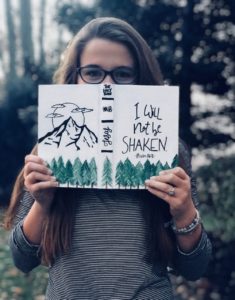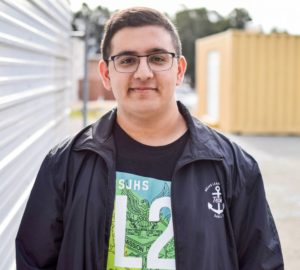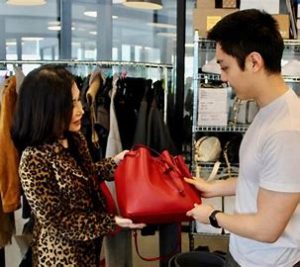From an extraordinarily young age, Maya Penn has had a strong ambition to create positive social change by utilizing her gift and passion for fashion. Her main mission is to pursue sustainability and environmental justice, and she’s not afraid to think big to achieve those goals. Though she is twenty years old now with more accolades than most people will achieve in their lifetimes, her journey started when she was eight years old when she told her mom she wanted to create sustainable fashion. She started this process, still as an eight year old, by making headbands and scarves from old clothing around her house. By ten she taught herself to code HTML in order to develop a website for herself to sell her products. Her fashion ecommerce business is called Maya’s Ideas for the Planet, and is still booming online today. As a result of her ten year old ecommerce creation, she received recognition from Forbes magazine, and since then has also been featured in Huffington Post, Business Insider, Entrepreneur Magazine, NPR, ESSENCE, The View, CNN, TIME, CBS This Morning with Gayle King, O Magazine, Ebony, The Steve Harvey Show, VICE, Wired, Adobe, and more.
Since she opened her online business, she has expanded to creating and selling a wide variety of products including artwork, bags, hair accessories, hats, jewelry, beauty products, scarves, blouses, vintage clothing, and yoga wear. Not only does she have a great number of different types of goods, but each one is surprisingly unique and also sustainable. With all of these unique products, Maya exhibits an unthinkable level of creativity and boldness, making her a fantastic inspiration as an entrepreneur.
Maya differentiates herself in a way that has proved to be particularly motivational to a watching world and key to her success. She emphasizes her mission “to fight for environmental justice, climate justice, and diversity and equity in STEM and tech in creative careers.” In fact, she has made such an impression through her business that it has led to many speaking engagements, making her into a “humanitarian and environmental activist.” Her dedication to her various passions is surely an inspiration to me and to all who know her!





